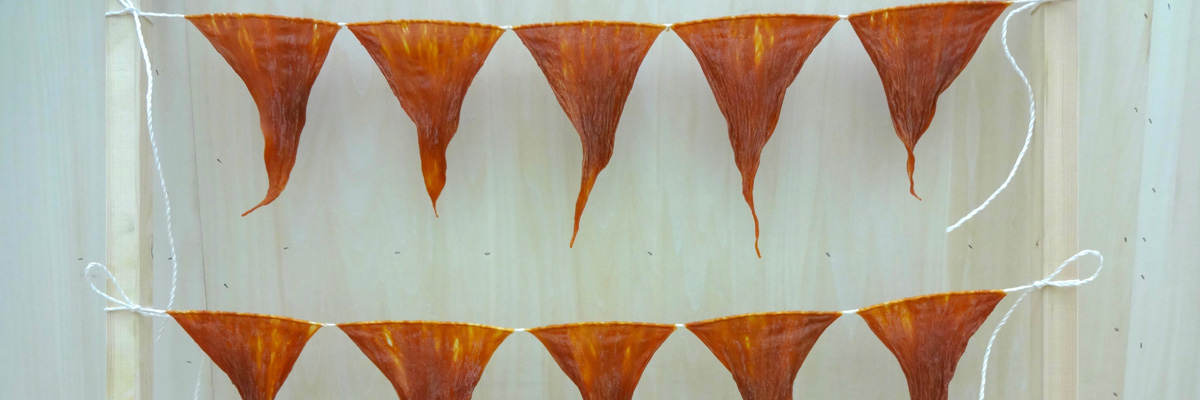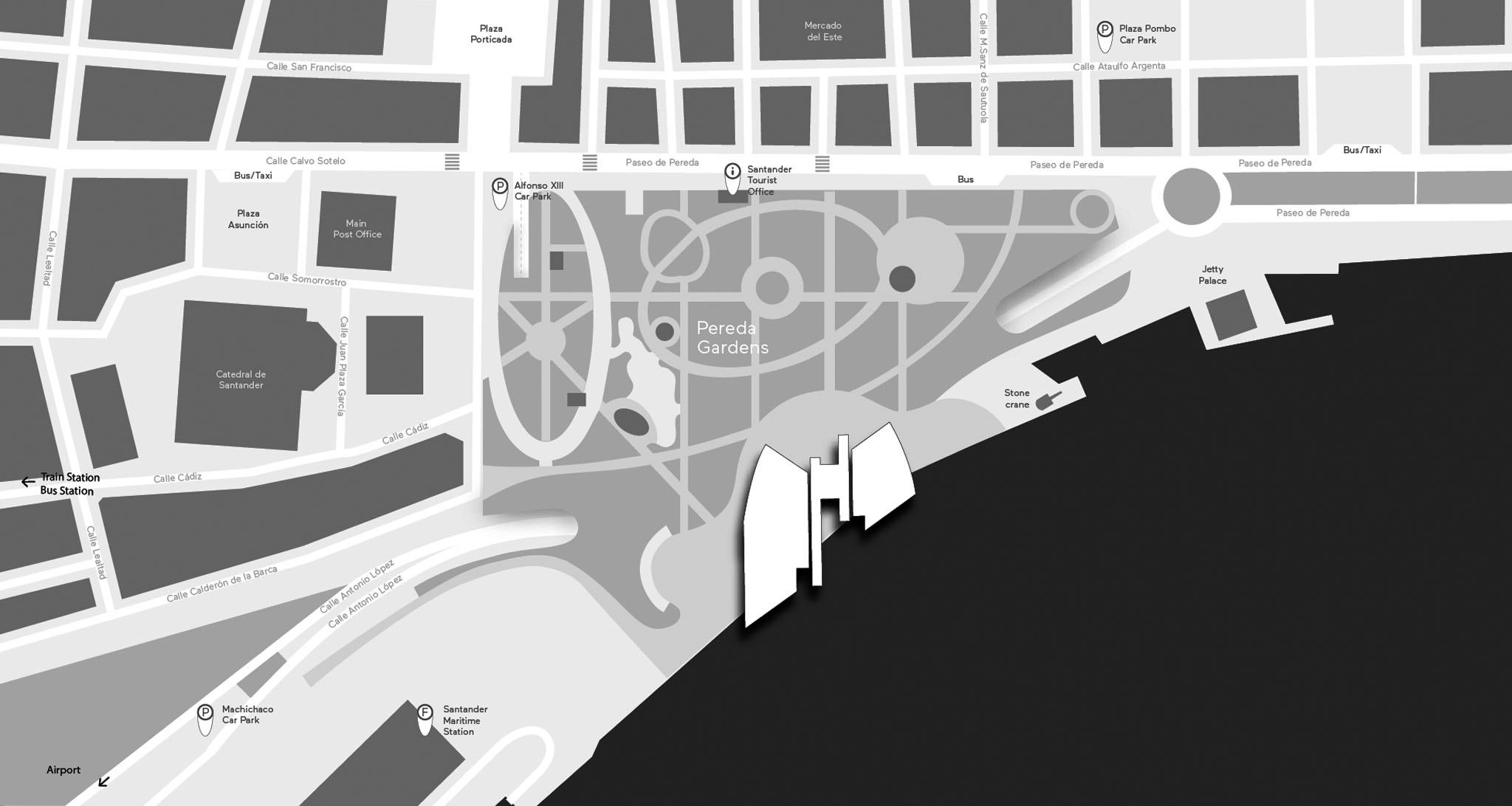Shimabuku will lead a workshop in Santander from February 3 to 14, 2025, titled Edible Sculpture. Organised by Fundación Botín, the workshop will explore the relationship between art, cuisine and food, as well as the diverse methodologies that exist around the world.
For Shimabuku, cooking can be conceived as a site-specific exhibition experience, where order and quantity enhance the perception of food. This workshop will focus on creating a culinary journey in which participants can develop new dishes using local ingredients, drawing from research and discovery, to design a collaborative menu.
Art and food have been deeply interconnected throughout history. Early cave paintings were, in essence, depictions of food such as deer, cows, and other animals. Since then, food has served as a source of artistic inspiration: Van Gogh’s potatoes, Cézanne’s fruits, the still-lives of Picasso and Braque, and the modern explorations of Lichtenstein, Oldenburg, Sigmar Polke (with potatoes and sausages), Fischli & Weiss, Wolfgang Tillmans, Jana Sterbak, and many others.
In this context, Shimabuku’s works —such as Kaki and Tomato, Sunrise at Mt. Artsonje, Shimabuku’s Fish & Chips, Cucumber Journey, and Something that Floats / Something that Sinks— show how art and food can engage in unexpected dialogues.
The workshop is connected to the exhibition Shimabuku: Octopus, Citrus, Human, which will be on view at the Centro Botín in Santander until March 9, 2025.
Shimabuku (Born in Kobe, Japan 1969. Lives in Naha, Okinawa, Japan). Recent solo exhibitions include Kunsthalle Bern (2014), NMNM Nouveau Musée National de Monaco (2021), Wiels, Brussels, Belgium (2022) and MUSEION: Museum of modern and contemporary art, Bolzano, Italy (2023).
Group exhibitions include, Centre Pompidou in Paris and Hayward Gallery in London, and in numerous international exhibitions including Venice Biennale (2003 & 2017), the São Paulo Biennial (2006), Havana Biennal (2015), Lyon Biennale (2017) and Thailand Biennale (2023).


